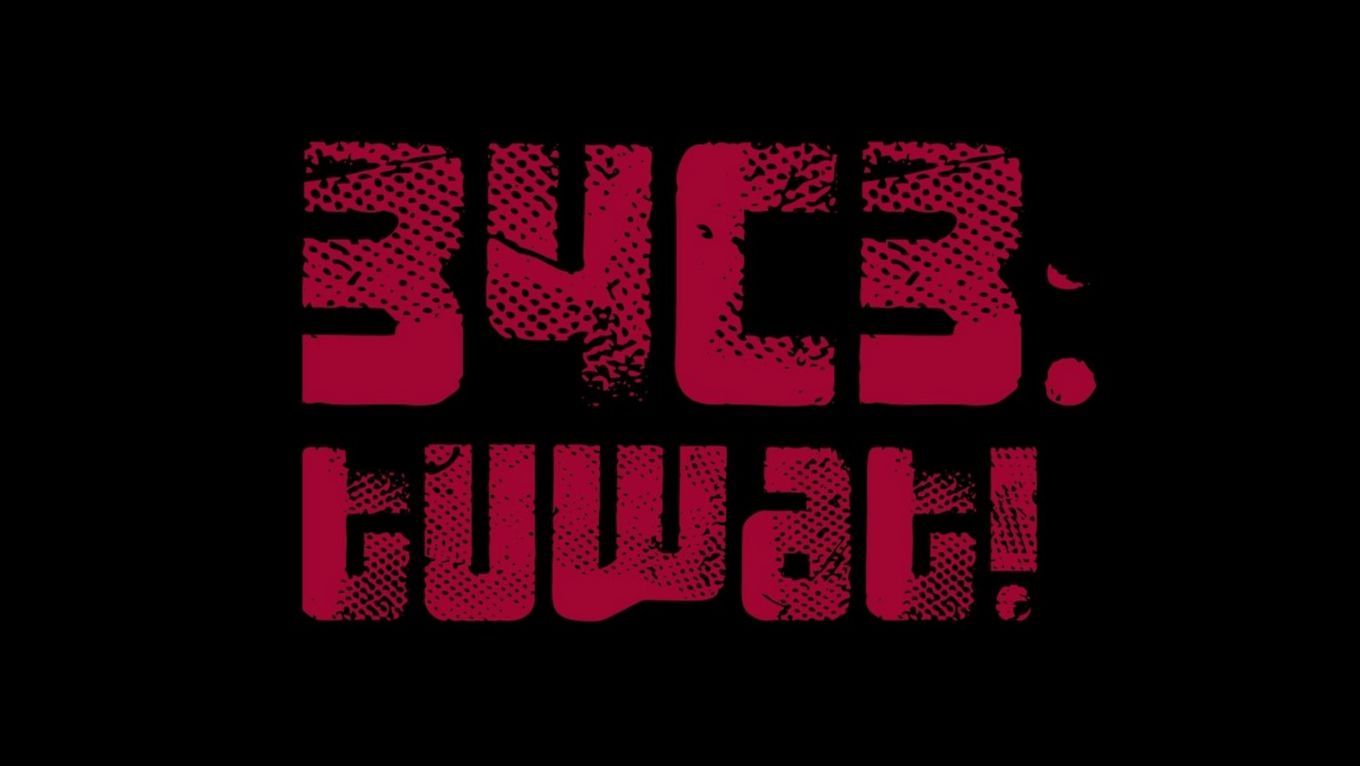Science
Algorithmic science evaluation and power structure: the discourse on strategic citation and 'citation cartels'
December 27, 2017
3:30 PM – 4:00 PM Add to calendar
3:30 PM – 4:00 PM Add to calendar
Saal Clarke
Quantitative science evaluation, such as university rankings, rely on man-made algorithms and man-made databases. The modelling decisions underlying this data-driven algorithmic science evaluation are, among other things, the outcome of a specific power structure in the science system. Power relations are especially visible, when negotiated during processes of boundary work. Therefore, we use the discourse on 'citation cartels', to shed light on a specific perception of fairness in the scientific system, as well as on the actors who are in charge. While doing so, we draw analogies to the discourse on search engine optimization.
Scientific evaluation as governance technique is conducted through different instruments which have intended and unintended effects. One aspect of evaluation is the measurement of research quality through the performance of scientific publications, for example, how often they are cited. The design of such performance indicators is one core task of bibliometrics as a discipline.
There is incidence that citation-based performance indicators might have side effects on citation behaviour. Those effects have to be considered by the bibliometrics community. On the one hand, they have to be considered with regard to indicator design aiming at achieving validity of measurement. On the other hand, and maybe more important, they have to be considered with regard to indicator use and its effect on science and society.
We find some of this behavioural adaptation analogously in the development of search engine optimization (SEO). Search engine rankings share one core principle with citation-based indicators: that relevance (quality) is understood to be measurable through incoming links (citations) to a website (publication). The discourse on SEO and which strategies are to be regarded as white hat SEO or black hat SEO led to a more or less stable set of 'allowed' activities, which are approved by the search engine monopolist Google.
Citation-based performance indicators are also the aim of optimization activities. One activity, which is believed to be undertaken by scientific journals, is the establishment of 'citation cartels' (groups of journals, which agree on mutually citing each other to boost their indicators). This form of strategic citation is widely regarded as morally corrupt. Beyond this specific type, there is an ongoing debate, which citation strategies are to be regarded scientific misconduct, and therefore threatening the 'fairness' of performance indicators.
In our talk, we will outline the discourse on strategic citation with examples, which show concerns or label some strategies as unethical, and some which demand detection and punishment of questionable behaviour. We especially point out that the request to embank strategic citation is often addressed to the publication database provider Thomson Reuters. Proceeding from this point, this opens up a new perspective on power structures in the science system.
Additional information
| Type | lecture |
|---|---|
| Language | English |
More sessions
| 12/27/17 |
We're supposed to trust evidence-based information in all areas of life. However disconcerting news from several areas of science must make us ask how much we can trust scientific evidence.
|
| 12/27/17 |
For a few decades by now, satellites offer us the tools to observe the whole Earth with a wide variety of sensors. The vast amount of data these Earth observations systems collect enters the public discourse reduced to a few numbers, numbers like 3 or even 300. So, how do we know the amount of ice melting in the arctic or how much rain is falling in the Amazon? Are groundwater aquifers stable or are they are being depleted? Are these regular seasonal changes or is there a trend? How can we even ...
|
| 12/27/17 |
Jeder kennt sie, kaum jemand versteht sie wirklich, die vielleicht berühmteste Gleichung der Welt: E=mc^2 Was hat es damit auf sich, was ist die spezielle- und was die allgemeine Relativitätstheorie? Wie kann man sicher sein, dass das wirklich stimmt? Bleibt die Zeit stehen, wenn man sich mit Lichtgeschwindigkeit bewegt? Was ist das Zwillings-Paradoxon und dehnt sich das Universum aus, oder werden wir einfach nur immer kleiner?
|
| 12/28/17 |
Eine wissenschaftliche Perspektive auf die achtlose Anwendung der Algorithmen des maschinellen Lernens und der künstlichen Intelligenz, z.B. in personalisierten Nachrichtenempfehlungssystemen oder Risikosoftware im US-Justizsystem.
|
| 12/28/17 |
Wouldn’t it be awesome to have a microscope which allows scientists to map atomic details of viruses, film chemical reactions, or study the processes in the interior of planets? Well, we’ve just built one in Hamburg. It’s not table-top, though: 1 billion Euro and a 3km long tunnel is needed for such a ‘free electron laser’, also called 4th generation synchrotron light source. I will talk about the basic physics and astonishing facts and figures of the operation and application of these ...
|
| 12/29/17 |
Holography of Wi-Fi radiation Philipp Holl [1,2] and Friedemann Reinhard [2] [1] Max Planck Institute for Physics [2] Walter Schottky Institut and Physik-Department, Technical University of Munich When we think of wireless signals such as Wi-Fi or Bluetooth, we usually think of bits and bytes, packets of data and runtimes. Interestingly, there is a second way to look at them. From a physicist's perspective, wireless radiation is just light, more precisely: coherent electromagnetic radiation. It ...
|
| 12/29/17 |
Space Solar Power station, such as SPS Alpha, could overcome some issues that renewable energy plants on Earth suffer of structural basis when challenges such as energy transfer from orbit to Earth are solved. But will this solve the Earth's problems in a peaceful way?
|

